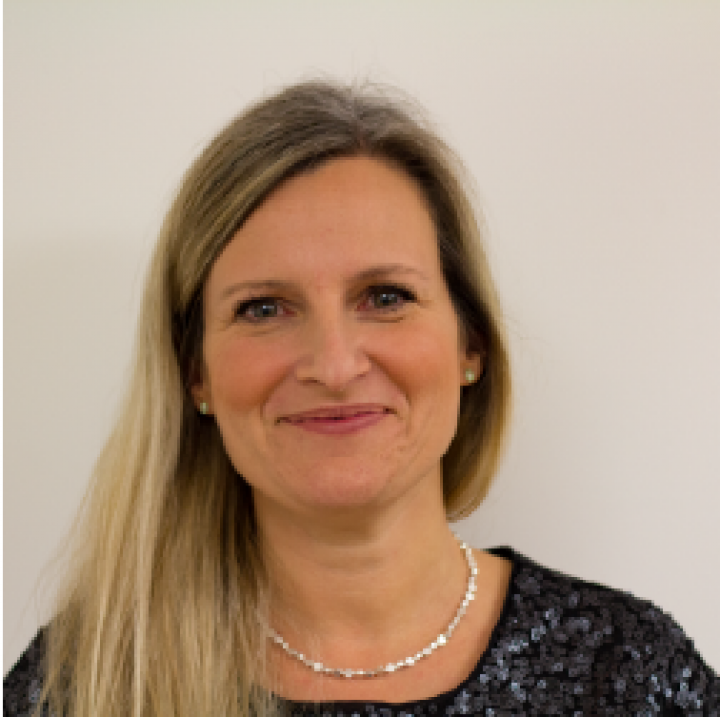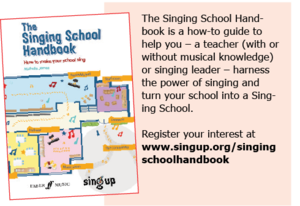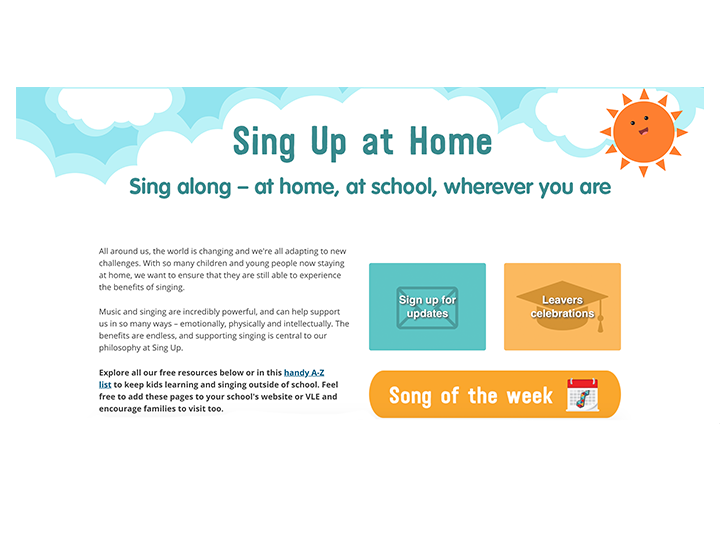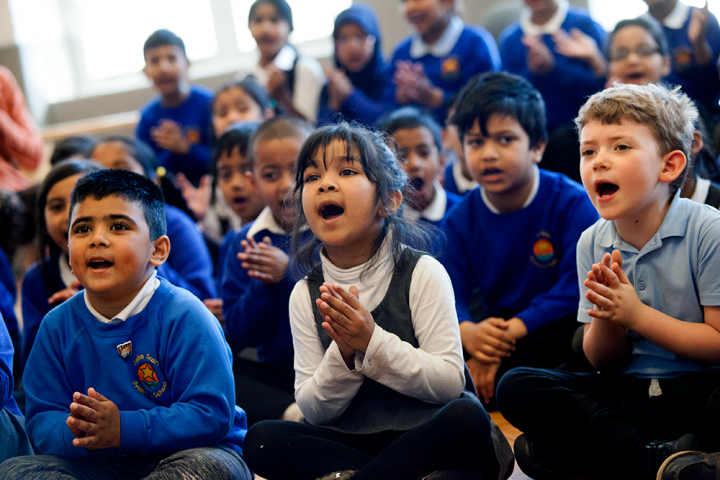
Take a moment to think about an ideal school environment. You might imagine a calm, well-operating and friendly, happy school, where:
- children feel welcome, safe and secure
- children arrive focused, enthused and ready to learn
- children support each-others’ learning
- learning achievements are joyfully celebrated by the wider school community
- learning challenges are met with determination, optimism and self-belief
- there is a strong sense of team-work in each class and across the school among staff and pupils alike
- children are attentive listeners and productive learners
- children and staff take pride in their school
- there’s a strong community ethos in the school with strong underpinning values
- behaviour and attendance are good
- newcomers to the school are welcomed and integrated quickly
- children with additional needs are supported, valued and included
- parents, carers and the wider school community feel part of the school and are positive about its achievements and ethos
Embedding regular singing into school life is a way of ensuring that these other attributes develop over time. At Sing Up we have seen countless examples and collected many case studies where the school community themselves believe that it is singing that has transformed their school. From head teachers, to pupils, to parents, all have reported the change they have seen take place as the result of regular singing happening in the school.
Looking at it the other way around, it is uncommon to find schools where these ‘ideal’ factors are present and where there is no school commitment to singing, music or another art-form. The creative arts – music in particular — are known to have a powerful positive impact on the school environment and on learning outcomes for pupils. And of the musical activities that you can embed in your school most readily and inexpensively, singing is the most accessible of all, and also the most adaptable and versatile.
Becoming a Singing School motivates the whole school community to work together towards a common goal while taking part in an activity that everyone can do and enjoy – singing. Singing improves learning, confidence, health and social development – it has the power to change lives and help build stronger communities.
Singing inspires, supports, develops and stimulates
There are many different benefits that arise from engaging in singing activities. These apply to all ages, from childhood into adolescence and through into retirement age and beyond. With appropriately nurturing experiences, singing competency will develop. Almost without exception, everyone has the potential to sing competently and enjoy singing across their lifespan. Childhood provides a crucial opportunity to lay the foundations of a positive lifelong singing (and musical) identity.
The benefits of singing are now much better understood and documented in a huge range of academic and medical research and broadly break down into five categories:
- Physical benefits
- Psychological benefits
- Social benefits
- Musical benefits
- Educational benefits
In combination, the benefits which fall under these five categories suggest that singing is one of the most positive forms of human activity. Here are several ways in which your school and students can benefit from singing.
It has a remarkable impact on your health.
- One in eleven children receives treatment for asthma in the UK. Singing helps strengthen respiratory and cardiovascular health in a fun and enjoyable way.
- Singing helps stimulate the brain. It literally lights up more areas of the brain than any other activity.
- Singing increases alertness and improves physical posture.
- Singing reduces stress and enhances the immune system.
- Singing (healthily) is good for the voice and larynx.
It supports children’s learning.
- Singing aids memory retention and supports children to retain new information and facts.
- Singing can help children improve reading skills.
- Singing can increase enjoyment and participation across the curriculum.
- It helps develop confidence and self-esteem.
- People feel good when they sing. Children who are good at singing feel good about themselves and are more socially included.
- Singing is an inclusive, collaborative activity. It increases confidence, improves social cohesion, promoting tolerance and acceptance of others.
- Our voice is part of our identity; a confident, healthy voice links to a positive concept of self.
It builds communities.
- Singing is an inclusive activity that can bring a school community together like no other group activity.
- Singing is universal regardless of age, gender, language or ethnicity.
- Group singing maximises our potential to communicate with others using our voices.
- Performing helps to build confidence and encourage team work.
- Singing allows children to make a positive contribution to their class and school communities.
- Singing can help you learn to work as a team as well as valuing the contributions of individuals.
We asked teachers and head teachers what contribution singing makes to their school, here’s what they said:
“I’ve had parents say to me ‘oh my child’s reading has improved so much since they started choir’.”
“[Singing] actually builds childrens’ confidence so much and it makes them think if I set my mind to something, if I work on it, then I can do it.”
“You see children who are shy and struggle to express themselves grow... the sense of community within the schools is I think really enhanced by singing.”
The most important factor
The numerous benefits of singing are often split into two groups – intrinsic and extrinsic. Extrinsic benefits include things like:
- Cognitive development – building neural pathways in the brain
- Language acquisition
- Memory and learning aids – supporting the learning of facts and concepts
- Team-work and collaboration
- Increase in self-esteem and confidence
- Health benefits – these include neurological, respiratory and immunological benefits as well as psychological ones
While intrinsic benefits include:
- Learning musicianship skills
- Becoming a better singer
- Creating a high quality artistic output or performance
- Boosting mood and general positivity – feeling better when you sing
- Enjoying an artistic, expressive and creative experience for its own sake
The question remains, which is more important: that children are learning and progressing as singers, musicians and artists (intrinsic), or that they are participating in a team-based activity that supports wider development (extrinsic)? What we have found is that where the quality of the musical experience is good (not necessarily the quality of the artistic output, but the quality of the experience), and progress can be felt and heard by participants and audience alike, all the benefits, whether intrinsic or extrinsic, are more present for those taking part.
The quality of the artistic output itself of course cannot and should not be completely disregarded. But with children and young people who are going to have varied natural ability; previous opportunities to do something musical; parental support; cultural references and backgrounds; and relative privilege or deprivation, it can be unhelpful to set firm benchmarks of what level they should be able to achieve in their singing or music-making. This is even more true where teachers are working with children with special educational needs or disabilities, either in a mixed ability group in mainstream schools or in special schools. What is important is the journey. That you begin in one place, able to do certain things, and then progress to a point where you can do those things better and learn to tackle new challenges with enjoyment and a sense of achievement, rather than anxiety and pressure.




